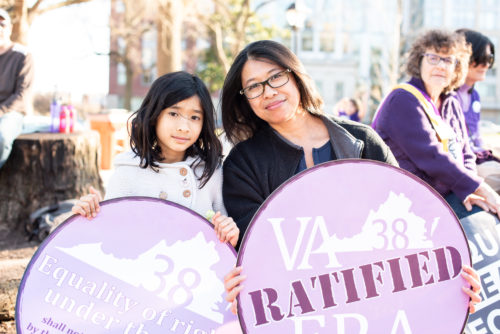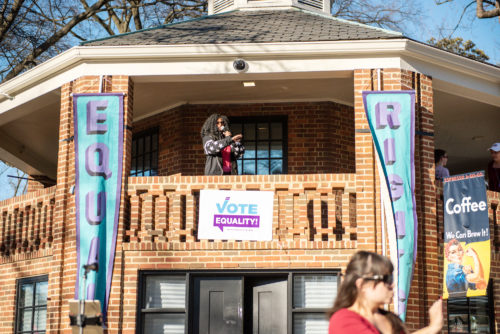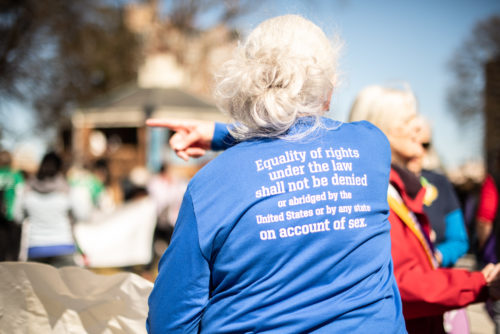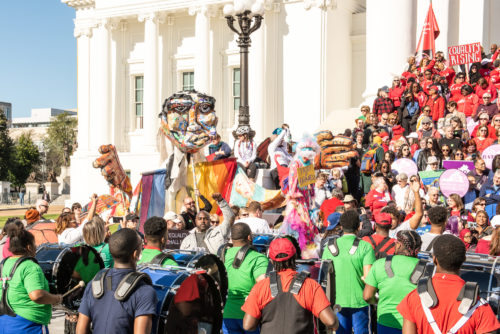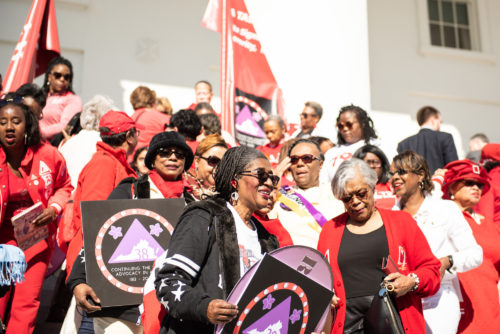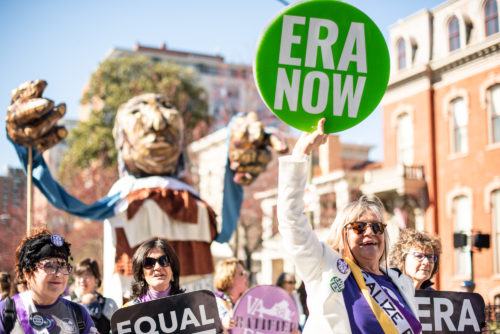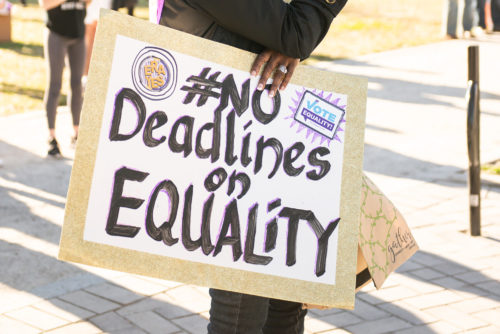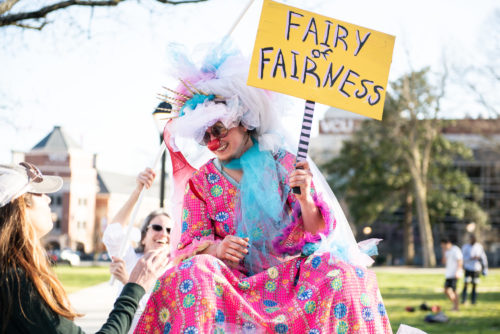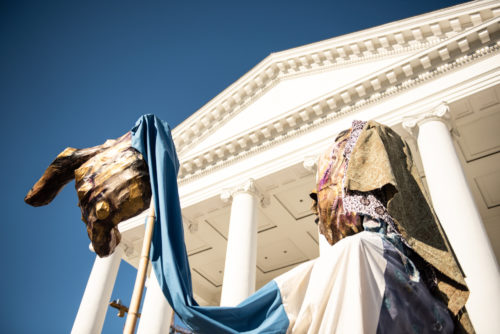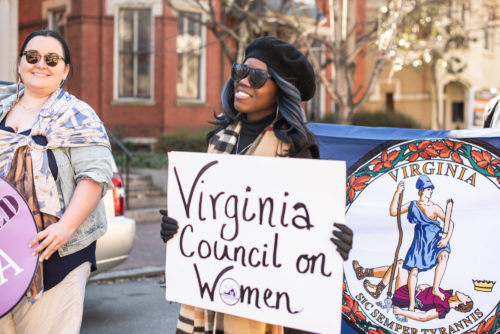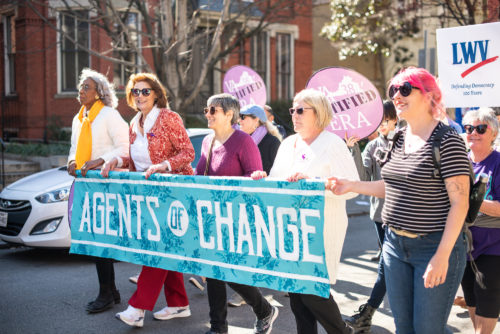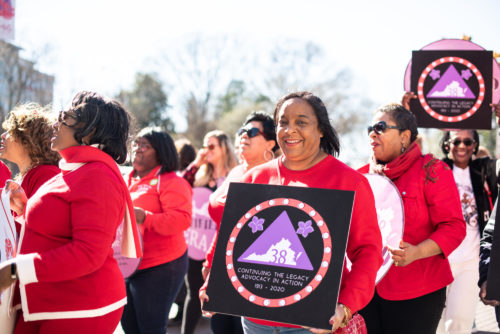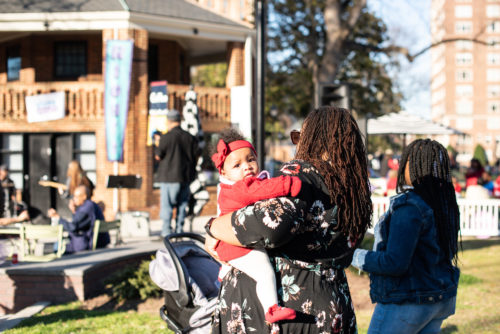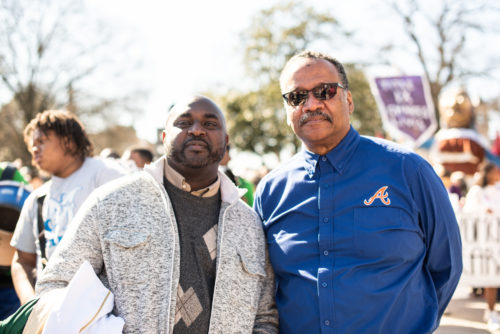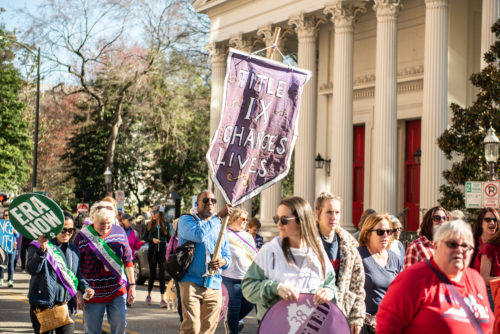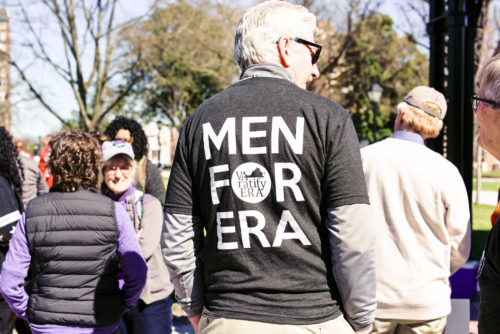“How can we do this when we don't know what will happen?”
- As we see from hundreds of years of judicial decisions, Constitutional rights, even rights as sacred as our freedom of speech, are not absolute. No one has the right to yell “Fire!” in a crowded theater that is not on fire. Likewise, rights protected by the 28th Amendment (Equal Rights) will not be absolute.
- Even as the 28th Amendment is enforced, the government may continue to pass sex specific legislation if it has a compelling government purpose and the government action is narrowly tailored to achieve that purpose.
- The 28th Amendment does not confer special rights. It simply prohibits the United States or any state from denying or abridging equality of rights under the law on account of sex.
- Fear is a strong motivator, but we must not fear moving in the direction of gender equality.
- When the Founding Fathers approved the Bill of Rights, they did not know the potential consequences for a constitutional guarantee of individual rights.
- Similar to today’s fears of “unintended consequences,” Federalists opposed ratifying the Bill of Rights because they feared procedural uncertainties.
- The ten proposed amendments that became the Bill of Rights were ratified and added to our Constitution. Most Americans agree these continue to be very important amendments and our Constitution is better because of them. The 28th Amendment will be the same.
ADDITIONAL FAQs

